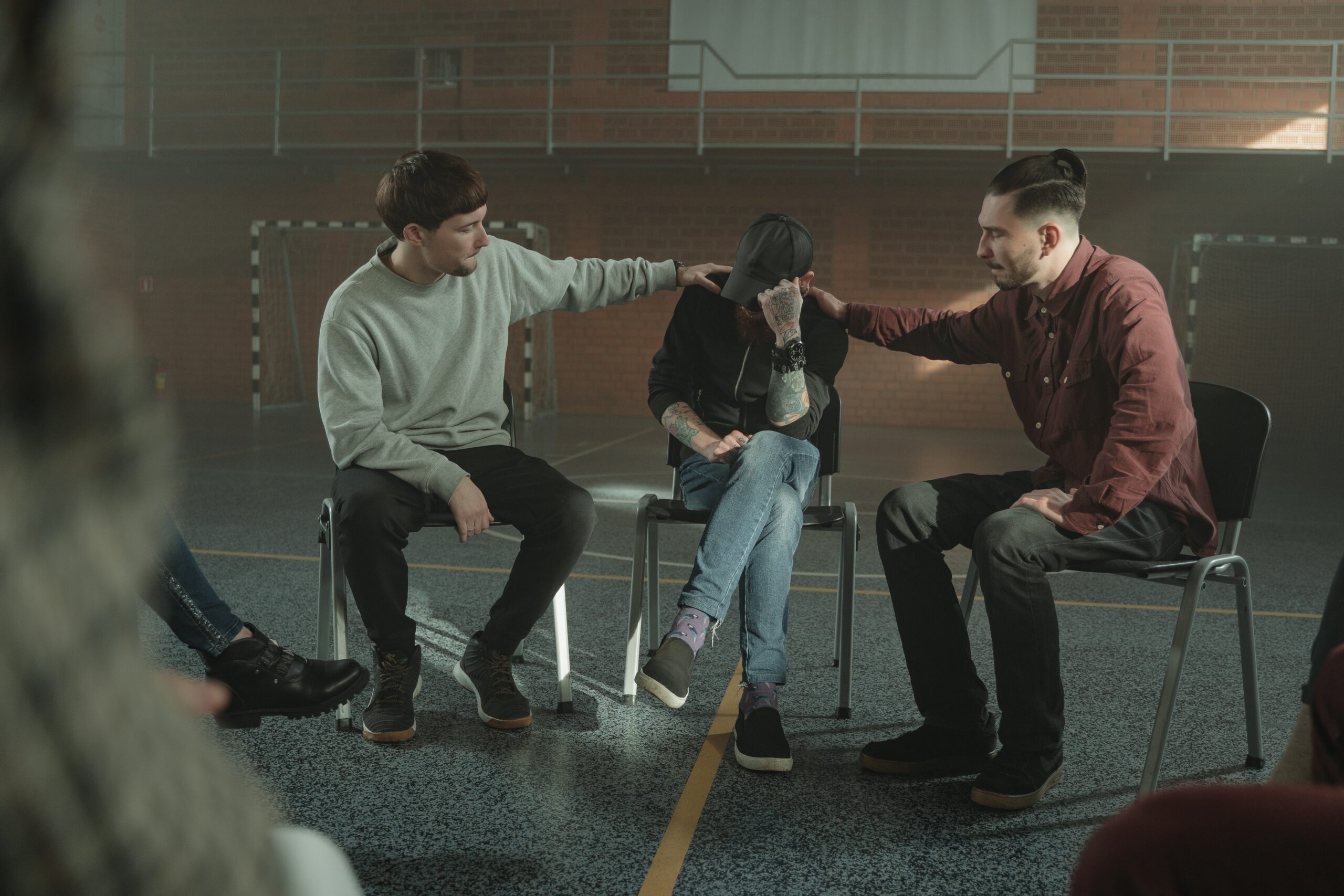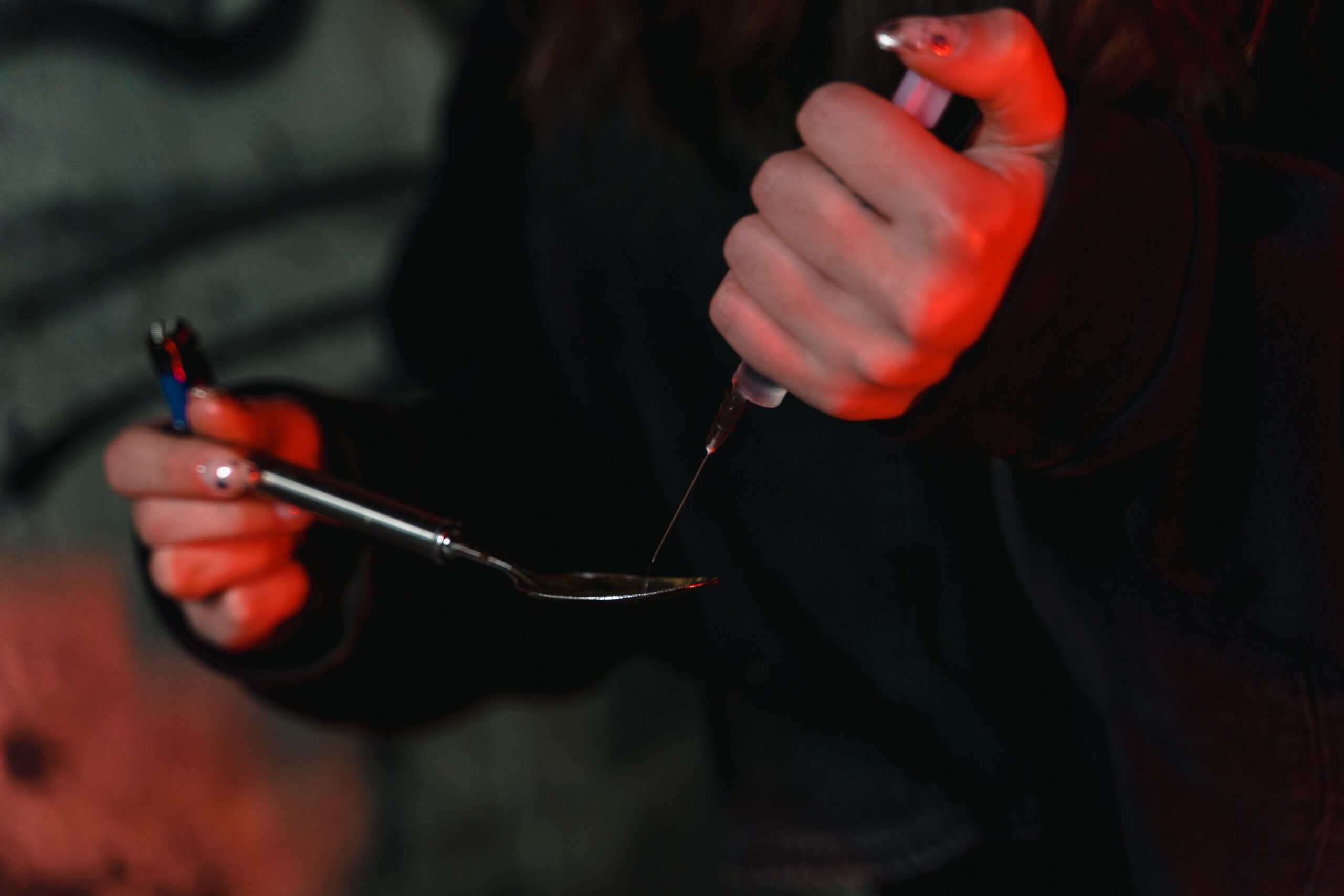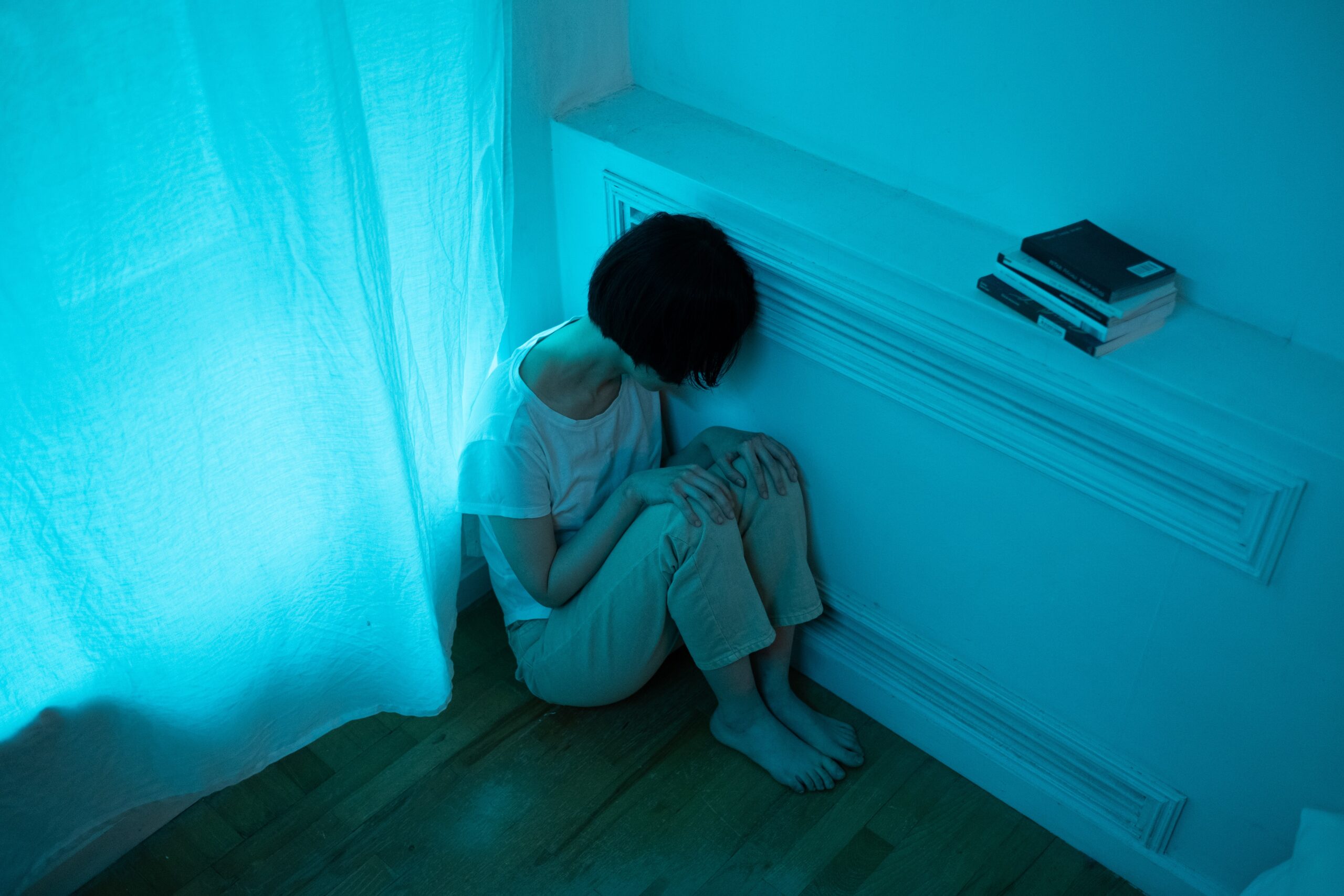Opioid abuse is rampant and has been increasing in recent years. Whether it’s prescription drugs or recreational, it’s estimated that over 10 million people age 12 and up have misused opioids at one time.
What this means is that you aren’t alone if you are dealing with heroin addiction. There are fortunately a lot of heroin treatment options available these days for the many people seeking heroin addiction treatment programs.
What types of treatments are used for heroin addiction?
Still Water Wellness uses a combination approach with evidence-based treatments in conjunction with holistic healing.
Medication Assisted Treatment (MAT)
Certain medications can be used to help reduce the withdrawal symptoms of heroin detox. Under the careful watch of a trained physician, medications like naltrexone, methadone, buprenorphine, and other drugs can minimize cravings and help you get through not just the initial heroin withdrawal but also support you later in the process as needed.
These medications help redirect your physical and psychological cravings and are much easier to manage than heroin. Our bodies build up a tolerance to the effects of heroin rather quickly, requiring more and more for any “high,” so many users get up into overdose risk territory. These medications used in MAT are much safer and easier to manage, making overdose less likely and lessening the reward our bodies get from taking drugs, which makes relapse prevention easier as well.
Therapy
There are many different therapy and counseling options at Still Water Wellness. There’s a little something for everyone, whether you’re seeking individual therapy sessions or group therapy to provide a sense of community.
Drug abuse and dependency often go hand in hand with mental health conditions, and thus should be treated together. If you’re seeking treatment for heroin addiction, you should also seek mental health services to ensure a long-lasting recovery.
Cognitive-Behavioral Therapy (CBT)
What are your triggers that set off heroin cravings? Behavioral therapies like CBT will help you really get down to the nitty-gritty of what’s causing your negative thoughts and whether or not they are caused by the substance abuse or causing it in the first place. You’ll spend time with addiction recovery specialists who can help you determine what you need for a healthy recovery from physical and psychological symptoms. You’ll work on how you think and how that affects your mental health and desire for heroin.

Dialectical Behavior Therapy (DBT)
DBT sessions will help you rebuild skills you’ll need after recovery, like healthy coping mechanisms and safe emotional outlets. You’ll work on what to do with impulsive moods and heroin withdrawal symptoms as they arrive. These are the skills you’ll really need after you overcome addiction and move forward with your future.
Inpatient Programs
The reality of heroin addiction is that overcoming it is hard. Doing it alone and going “cold turkey” is going to work for the rare few, but for the rest of us we’ll have a much easier time getting help at a heroin addiction treatment center with medical services and round the clock care.
While inpatient and outpatient programs are both available at Still Water Wellness, for heroin addiction it’s really recommended to go through the inpatient rehab and care. Having 24/7 support and constant medical supervision can boost your chances for successfully overcoming heroin abuse by quite a bit.
When all your other needs are being taken care of, all you have to focus on is overcoming and rebuilding yourself for a safe and healthy recovery. Individual therapy sessions, a group therapy session here or there, and a comforting environment help create a net of relaxing, structured care and support.
Outpatient Programs
Outpatient treatment is available for those needing a more flexible option. If an inpatient program is really not an option, or if you’re just needing a little help to boost your relapse prevention plan as you move further along in your recovery journey, Still Water Wellness has options for every step of the way. Heroin rehab is not just a milestone to be reached and never thought of again, but rather an ongoing treatment process that needs to be curated carefully as different points in the recovery process.
Community and Support Groups
There are many community support groups available to the general public such as Narcotics Anonymous. With Still Water Wellness, you also have access to ongoing outpatient care as needed, in addition to the relationships you’ll build while recovery in the facility. The other residents can provide a wealth of support, advice, and motivation for any patient.
Physical Health and Wellness

Heroin use can cause a number of physical symptoms over time, such as respiratory issues, gastrointestinal problems, and sexual dysfunction. Those who inject heroin are also at risk of infections from contaminated needles and track marks. Heroin use puts a distressing amount of pressure on our bodies in addition to the mental and psychological effects it has.Still Water Wellness is about treating the person as a whole. As such, there are many opportunities to go out and enjoy nature. Exercise with nature walks, relax by the beach, or go for a jog each morning to help your body physically recover from what you’ve been through.
Additionally, there is an on-site nutritionist and resources for building and maintaining a health diet during and after your recovery.
How do I know if a loved one needs treatment?
Heroin is a Schedule I controlled substance, meaning it is highly addictive and unsafe for any use, even medical. Heroin addiction can often start off as an addiction to less powerful opioids, such as prescribed painkillers for chronic pain or surgery, and escalate from there. Heroin can either be an escalation of these addictions or a replacement if the prescription is no longer valid but the cravings are still there.
Heroin use is not something that affects only a specific demographic. There are people in every walk of life that can be exposed to this dangerous opioid drug. A severe heroin addiction can be easier to diagnose, but how do you know if a loved one is dealing with heroin addiction or drug abuse and in need of help?
What Does Heroin Do?
Heroin was originally created from morphine and was widely used as a cough suppressant and pain reliever in the 19th century. Unfortunately these medicinal effects came with a number of other effects that made the medication highly addictive to the point where it is now illegal in many countries.
Along with a stronger pain relieving effect than most opioids, heroin also causes a false feeling of euphoria. This feeling of well-being and happiness is one of the main reasons this drug is so easy to misuse, but it comes with mental clouding and a number of detrimental effects caused by the slowing of the central nervous system.
There are many negative effects that accompany these feelings of tranquility, such as nausea, vomiting, itchiness, and more. One of the more dangerous effects is respiratory depression, meaning the central nervous system is slowed down to the point where your breathing slows as well, which can be life-threatening in high doses.
What Does It Look Like?
Drugs are pretty much always shown in the media as a generic white powder, but heroin can be a white or brown powder, or even a black sticky goop called “black tar heroin.” As heroin is such a highly addictive substance, any evidence of the drug may be cause for concern.
How Is It Taken?
Track marks are often one of the first signs someone will look for with heroin addicts, however heroin is not just an injectable drug. There are many methods used for ingesting heroin, some harder to identify than others.
Injecting heroin will come with paraphernalia you can watch for such as needles and syringes.
Inhaling heroin vapor is also a common method but requires preparation and for the drug to be heated on aluminum foil or a metal surface, oftentimes leaving burnt spoons or burn marks on household items behind as evidence.

Snorting or orally ingesting are other methods that don’t leave much evidence, but they are not as quick-acting and effective as the other methods, so may not be as common. Straws or tubes are often used to snort heroin.
Physical Symptoms
The physical symptoms of heroin use disorder are numerous and can be a good marker as to whether or not someone needs treatment.
Common physical signs:
- Track marks
- Unexplained bruises
- Slurred speech
- Impaired coordination
- Constricted or dilated pupils
- Respiratory issues – shallow or labored breathing or shortness of breath
- Skin problems – itching, rashes, or infections
- Weight loss and malnutrition
- Gastrointestinal problems – constipation, nausea, vomiting, and stomach pain
- Abscesses or infections
- Dental problems – tooth decay, gum disease, and tooth loss
- Fatigue and lethargy
- Pale complexion
Heroin abuse also tends to lead to poor hygiene and self-neglect, which can affect overall health and appearance in a big way. Heroin can also exacerbate any underlying medical conditions and cause related medical complications.
Psychological Symptoms
The psychological and emotional changes caused by heroin addiction can be pretty telling, but may happen over time as the drug abuse worsens. Mental health symptoms can crop up that weren’t there before, or may show much more dramatically.

Common psychological signs:
- Depression or anxiety
- Apathy
- Mood swings, irritability, or agitation
- Isolation
- Changes in sleep patterns – insomnia or excessive sleep
Many of these symptoms can be signs of other mental health disorders, but should not be ignored, particularly in conjunction with physical and behavioral changes.
Behavioral Symptoms
Any substance use disorder can come with a number of behavioral changes. It has a huge impact on your day-to-day living and your social life.
Common behavioral signs:
- Sudden and significant changes in social circles
- Neglecting responsibilities
- Increased secrecy, lying, or evasiveness
- Financial difficulties or unexplained need for money
- Legal problems – arrests or encounters with law enforcement
Those who are physically dependent on heroin will oftentimes make significant behavioral changes to make access and use of the drug easier.
Heroin Addiction Treatment at Still Water Wellness
The goal at Still Water Wellness is for each patient to receive the individualized care that they need to ensure long-lasting, healthy recovery from addiction. The heroin addiction treatment program is extensive, with experienced professional treatment at every step of the way.
Holistic Healing
Treatment is comprehensive, with professionals handling the physical care as well as mental health services administration. Whether you go for an inpatient program, outpatient program, or partial hospitalization program, you will receive simultaneous treatment for your addiction and mental health issues.
Treating the whole person
“…the part can never be well unless the whole is well.” -Plato
Holistic Healing is about treating each person as a whole unit, not as their individual problems. As you go through your addiction recovery, you will be able to focus on you, and building up who you are as an individual rather than focusing solely on your addiction.

Finding a Balance
Treatment involves your mind, body, and spirit, and all of these things must work in conjunction with each other for the most effective recovery. Many opioid addiction treatment center treat only a part of the problem, leaving patients at high risk for relapse further down the line.
Still Water Wellness is unique among heroin addiction treatment centers for their philosophy of combining natural healing with evidence-based methods. Your treatment program will be catered to helping you find that balance within yourself and moving forward from any addiction or mental illness you may be struggling with.
An End In Sight
Quitting heroin will likely be difficult, but seeking treatment doesn’t have to be. Still Water Wellness will get you through the detox process safely with as much comfort as possible. Treatment for heroin addiction will be personalized to your needs and you’ll work with an addiction specialist to create a treatment plan that will best help you recover and prevent relapse.
Many types of treatment exist for addiction to heroin and other substances, and Still Water Wellness Group is equipped to help you through the withdrawal symptoms, past the inpatient and outpatient treatment, and onto a better and brighter future. The journey to overcome drug addiction is different for everyone, but with help you can make it through.
